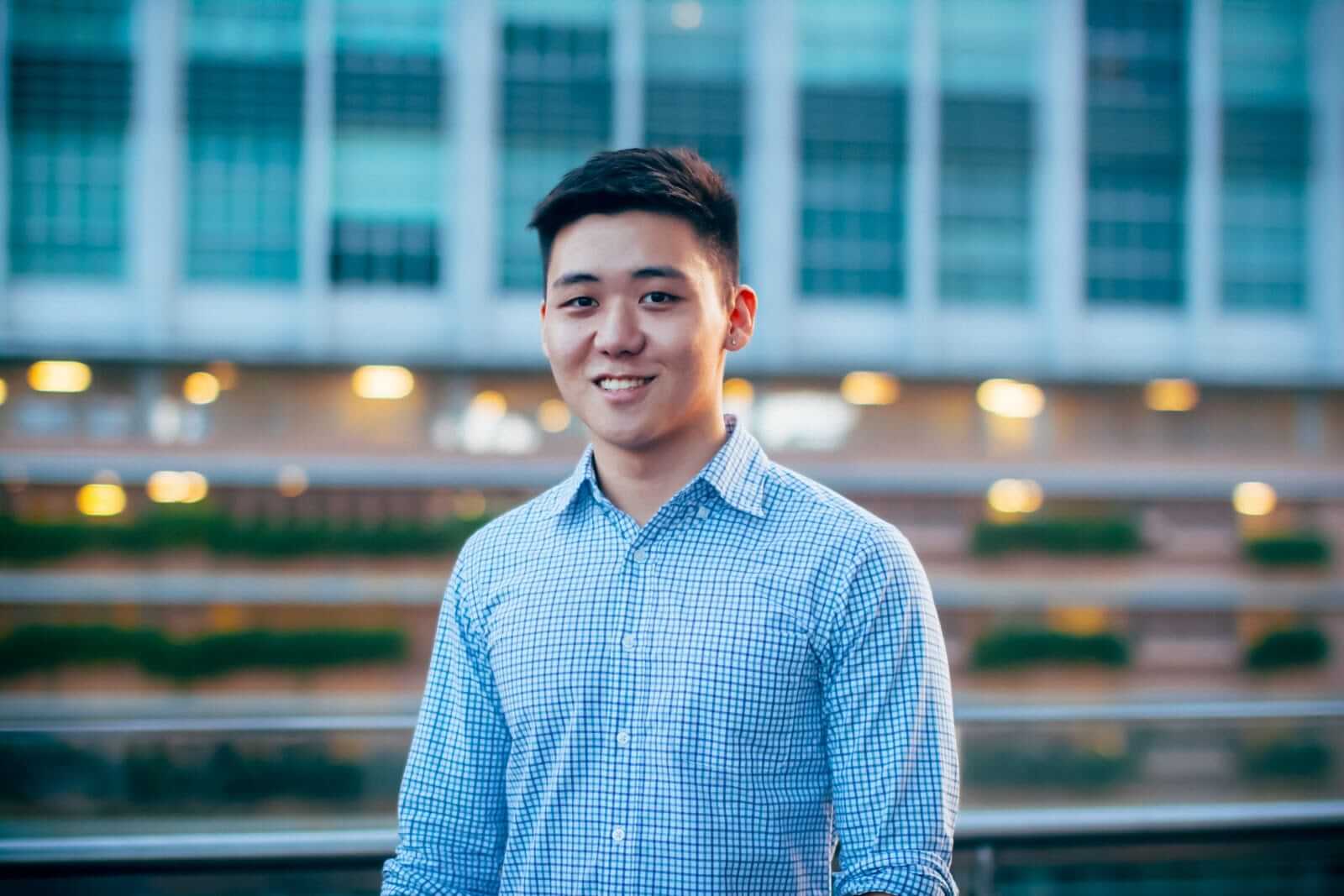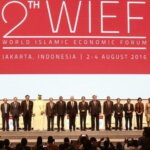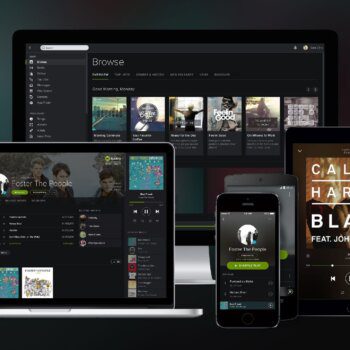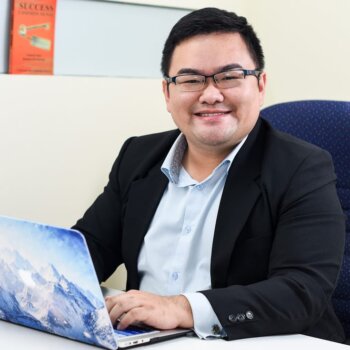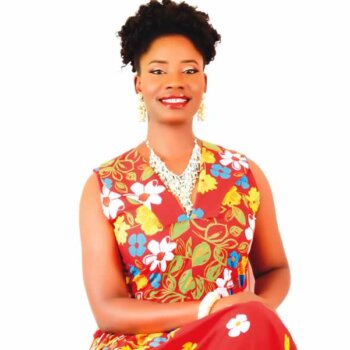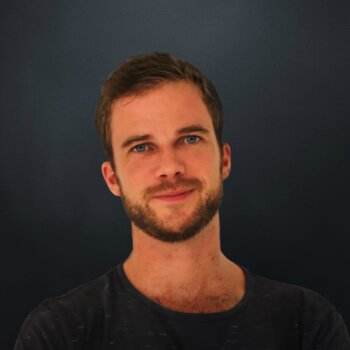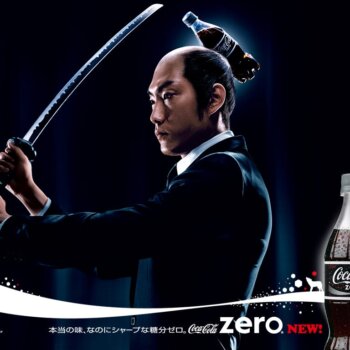Eugene Cheng started out young selling spiders at school. He’s always been into entrepreneurship and is now the founder of High Spark – a presentation strategy and training company.
What’s your story?
Back in primary school, I started selling spiders I caught to friends. I remember it vividly – $1 for a big one and $0.50 for a smaller one. During secondary school term breaks I jailbroke iPhones as a part-time job for extra pocket money. In polytechnic I ran a brief dropshipping operation to pull in extra cash to help with school fees. You could say I’ve always been interested in entrepreneurship.
The difficult time really came when my grades started slipping when I was 18. I did not meet the grade-criteria to go for the Overseas Immersion Programmes and longer-term internships. Unique opportunities became out of reach as a result and I felt very frustrated as exams weren’t my strong suit.
I made the decision to join the NAA eChallenge and Startup@SG competitions after hearing about it during a lecture and everything changed. While my peers were enjoying their term breaks, I spent my days reading and working on presentation-related skills which really gave me a leg up in school.
I put some of my work on SlideShare (the very first one being: How To Be A Presentation Jedi ) and Linkedin. Suddenly, things just blew up. I started getting emails from people all over the world to create presentations including a call from a large Japanese ad agency.
Upon graduation at 19, I started SlideComet (Now HighSpark) a presentation strategy and presentation training company with my partner and classmate, Kai Xin. Fast-forward 3 years till today, we’ve had the opportunity to help companies like Nike, Panasonic, Renesas, SMU and others with their high-stake presentations and mentor startups at accelerators like Startup Bootcamp and Finlab.
What excites you most about your industry?
It’s constantly evolving and the community is awesome. We’ve had the opportunity to get in touch with numerous other firms from different parts of the world – Hawaii, California, Paris, UK and Hong Kong.
The relationships are cordial and everyone empowers each other to do better because there’s enough to go around.
We get to work directly with really intelligent people from CXOs of MNCs to startup founders creating the next big thing. To have the opportunity to help these guys communicate their brilliant ideas on the big stage is really what makes going to work everyday fulfilling.
What’s your connection to Asia?
I’ve lived here all my life. I come from a typical Asian family with Asian values which can be quite the crutch at times, but I wouldn’t trade being born here for anything else. Living in Singapore is amazing because it has become such a hub for trade and a bustling startup scene.

Favourite city in Asia for business and why?
Is it biased to say Singapore? I honestly think it’s one of the easiest places in Asia to start and run a business. ACRA let’s you register a business within half an hour and managing tax responsibilities are a breeze. Also, you’ll hardly hear of fly-by-night businesses going bankrupt while owing you money, so it’s pretty reassuring to start here.
What’s the best piece of advice you ever received?
That nobody ever really knows what they’re doing and hardly anything is original. Whether they’re 17 or 70, we’re always going to still be figuring stuff out. It’s humbling to know that you’re not the only one confused or unsure about things in life. If you learn from the right people, age becomes a triviality and is no real factor of consideration for success.
For example, most of the sales or psychology-related books we see today are rehashes of pioneer opinions from before, and that’s fine, as long as it adds value. When we do creative work, we often have to seek inspiration from others. Something unique, might just be a combination of 5 other already existing ideas.
Who inspires you?
Eric Tachibana. During his younger days he sold his company and became rich overnight. When this happened, he became depressed. Slurping mojitos and living off the proceeds didn’t sit well with him. He wanted to work till he couldn’t anymore. Right now he’s happily working at Amazon and mentors other entrepreneurs and startups actively.
He works because he genuinely wants to, not because he’s bound by circumstance. I believe that’s the distinction that makes him such an inspiration, making an active choice to add value to others with or without additional benefit.
What have you just learnt recently that blew you away?
A friend of mine (Mervin Soon-from the Pique Learning Lab) shared with me a book called Progressive Partnerships (coincidentally) written by Callum Laing. The stories and anecdotes on how to ‘trade-up’ with partnership and value really blew me away.
Callum shared the story of how he got to Thailand without knowing anyone and built a network from scratch, how he went to Singapore and created value in an industry of which he did not have any prior experience in as well as ‘how to make it rain’ in general. (I won’t spoil the rest!)
I gleaned a couple of lessons from it that will change the way I look at dead end negotiations and opportunities.
If you had your time again, what would you do differently?
I’d start out even younger back in secondary school. Read more books, pick up more hard skills and meet more people much older than myself.
As I write this, Joseph Schooling just won Singapore an Olympic gold medal and I think he is testament to the fact that young people these days are so much more nimble and enabled to do great things regardless of age.
How do you unwind?
I make it a point to go to the gym 2 to 3 times every week to lift weights. It forces me to make time for it and helps me work off the stress. I also take solo trips to Thailand to get away from it all and get some clothes tailored.
Favourite Asian destination for relaxation? Why?
Thailand! For one, it’s only a 3 hour flight from Singapore which makes it a really convenient destination to get to. Food’s cheap and the people there are very friendly and courteous. There are plenty of good locations to get some work done when you are there.
Everyone in business should read this book:
Influence by Robert Cialdini. It’s a really good primer on psychological faults that occur so often in our daily lives. He talks about how to take advantage of it and also guard against it.
The principles outlined are so universal and has given me plenty of insight on meandering tough social situations as well as solving marketing related problems.
Shameless plug for your business:
HighSpark is a strategic presentation consultancy and presentation training company that helps corporate leaders ace their high-stakes presentations. Past clients include: Nike, Panasonic, Dentsu, DBS, SMU, NTU and MasterCard. We also mentor teams at startup accelerators like: Startup Bootcamp, JFDI, Finlab.
How can people connect with you?
Facebook: http://fb.com/heyitseugene
Linkedin: http://linkedin.com/in/itseugene
Email: [email protected]
Personal Site: http://itseugene.me
SlideShare: http://slideshare.net/itseugene
Company Site: https://highspark.co
Twitter handle?
@itseugenecheng
—
This interview was part of the Callum Connect’s column found on The Asian Entrepreneur:

Take the ‘Key Person of Influence’ scorecard <http://www.keypersonofinfluence.com/scorecard/>
Connect with Callum here:
twitter.com/laingcallum
linkedin.com/in/callumlaing
Get his free ‘Asia Snapshot’ report from www.callumlaing.com
